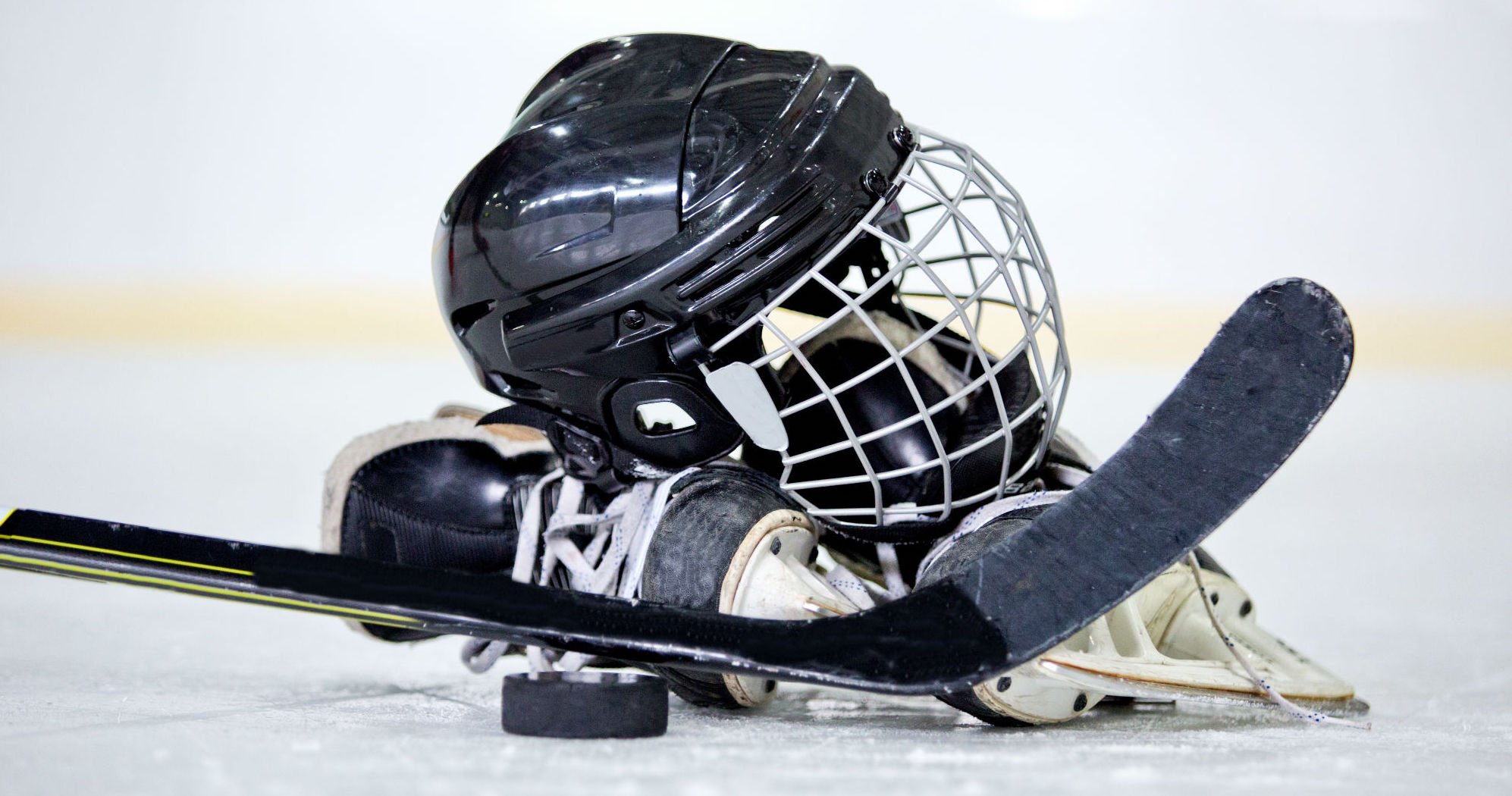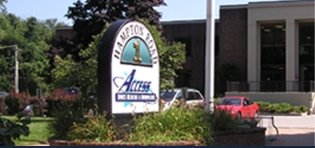
With concussions still one of the most common injuries for student athletes, the Brain Injury Association of New Hampshire (BIANH) recently held a focus group discussion about creating potential “Return to Learn” legislation that would guide schools on the proper protocols for returning students to the classroom after a head injury.
The BIANH invited knowledgeable members of the community to share their expertise and insights into concussion recovery and how student athletes are affected by their symptoms. The BIANH was instrumental in the passage of New Hampshire’s State Law 200:49-52, which instructs schools on the proper protocols for returning student athletes to their sport after a head injury. The association is proposing similar legislation for 2018 that would guide schools in how to return students to the classroom after a concussion.
When identifying, and treating a concussion in student athletes, immediate removal from play is integral to the recovery process. But when it comes to their return to learning, specific protocols are not currently in order.
Lack of protocol is worrisome since students who return to the classroom too soon after a head injury or with inadequate accommodations may not recover as quickly or completely. This can influence their test scores, comprehension and overall ability, possibly setting them back in terms of their studies. The BIANH has performed research with nurses, special education teachers and athletic trainers to explore this concept.
The BIANH has been working with ten New Hampshire schools on a pilot program called Chalk Talk, an outlet specifically for students who have recently suffered from a concussion. As opposed to resting at home and missing out on their studies, Chalk Talk keeps students in class with respect for their limitations.
Enforcing legislation will be crucial to get school districts on board with a formal Return to Learn program. Fortunately, several of New Hampshire’s surrounding states already have similar programs in place. And since the side effects and dangers of concussions are currently a high-profile issue, the environment is right for legislation to enforce positive change that pertains to the safety of students.
For the latest news on concussion protocols, make sure you sign up to receive our emails. Or, if you have any questions about concussions and the recovery process, contact your local Access Sports Medicine office.


